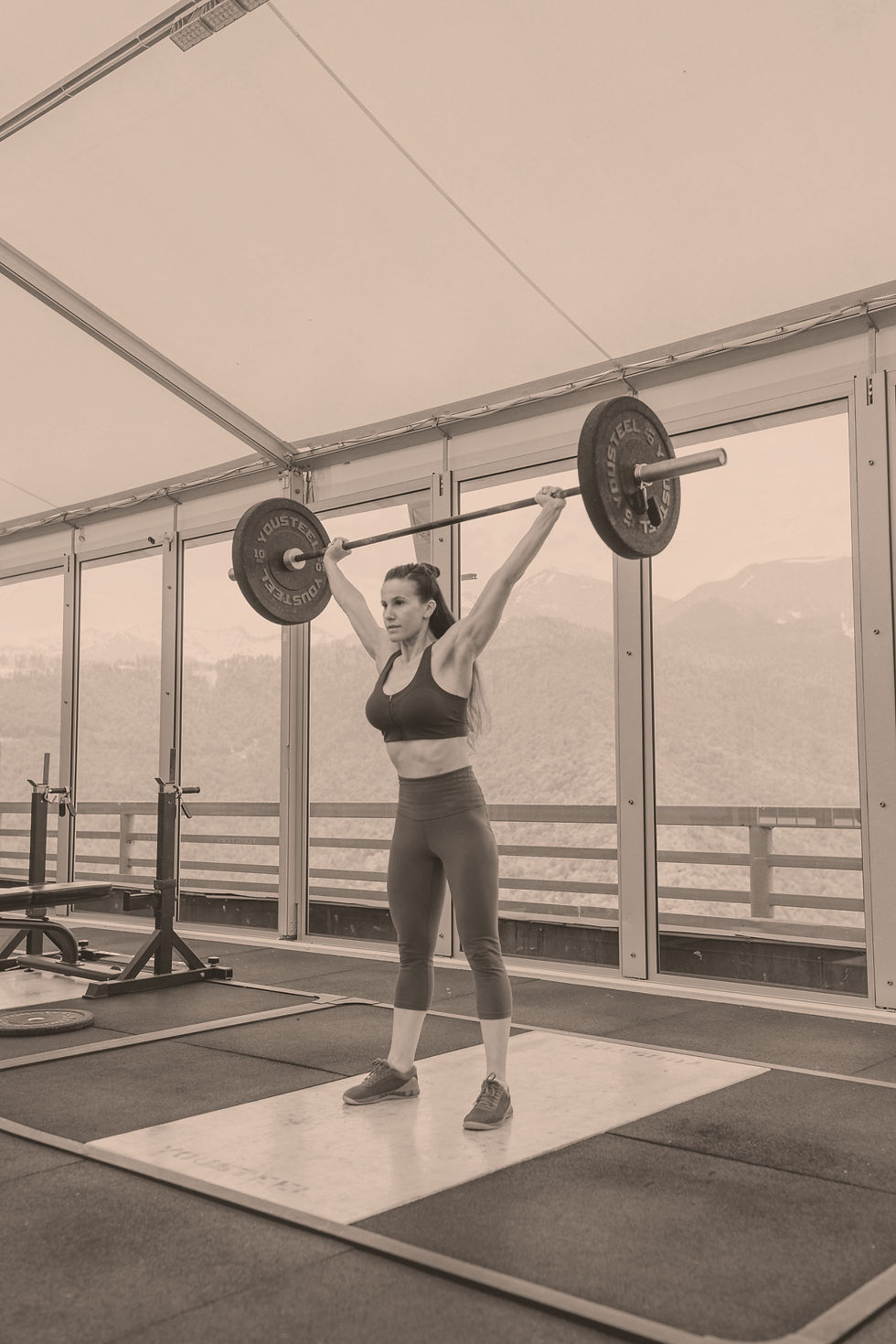Nurturing Achilles Health: Practical Guidance for Athletes Over 30
- Coach Dave

- Nov 28, 2023
- 2 min read
Updated: Sep 29, 2024
As athletes transition into their third decade, the Achilles tendon assumes heightened importance in the realm of movement. Achilles tendinopathy, marked by pain and inflammation, often originates from three common causes among athletes over 30, with a crucial additional factor to emphasize prevention.
Balanced Training and Recovery: The pursuit of physical excellence can sometimes lead to overtraining, subtly challenging the resilience of the Achilles tendon. Athletes over 30 benefit from finding a balanced approach between pushing their limits and allowing for sufficient recovery. Recognizing the need for extended recuperation is crucial in preventing tendon strain and degeneration.
Flexibility Maintenance: Aging brings about natural changes in flexibility and range of motion. For athletes over 30, the Achilles tendon becomes less flexible, increasing the risk of injury during dynamic movements. Regular incorporation of stretching and mobility exercises is essential to maintain tendon elasticity and reduce the likelihood of tendinopathy. A thorough warm-up routine becomes a non-negotiable element to prepare the Achilles tendon for intense physical activity.
Footwear and Biomechanical Awareness: Footwear choices play a pivotal role in Achilles tendon health. Ill-fitting or worn-out shoes can alter biomechanics, placing undue stress on the tendon. Biomechanical imbalances, like overpronation or supination, contribute to Achilles tendinopathy. Regular assessments of footwear and addressing biomechanical issues through corrective exercises or orthotics are vital preventive measures.
The Role of Strength Training: Lack of strength training can be a precipitating factor for Achilles tendinopathy. Insufficient strength in the muscles surrounding the Achilles tendon leaves it vulnerable to strain and injury. A comprehensive strength program, including calf raises, eccentric exercises, and overall lower limb strengthening, serves as a crucial safeguard against the development of tendinopathy.
In conclusion, athletes over 30 are encouraged to approach their training with a comprehensive mindset, integrating balanced workouts, flexibility maintenance, and biomechanical awareness. By understanding and actively addressing these common causes of Achilles tendinopathy, and emphasizing the protective role of strength training, athletes can maintain enduring resilience and longevity in their pursuits.
If you are eager to explore how working with a strength and conditioning coach can help transform your performance contact Coach Dave at +61426205277 or dave@masterscoaching.com.au




Comments